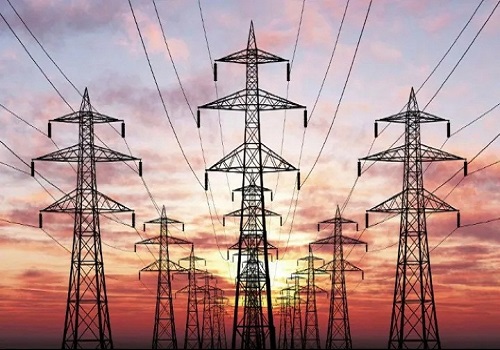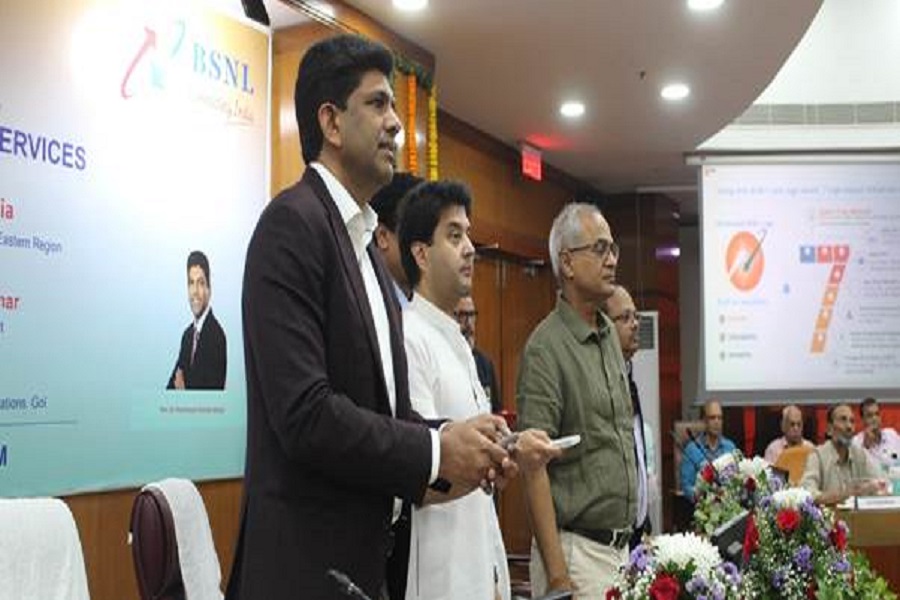Improved monsoon leads to power demand moderation in India

As monsoon coverage improves, power demand in India has moderated, especially in the southern regions, a report showed on Friday.
Power demand is estimated to have risen 7 per cent (year-on-year) in July to 150 billion units (BUs) owing to higher power demand in northern states, according to a Crisil report.
“However, minus the 16 per cent on-year surge in power demand in the north, demand moderated in other regions,” the report mentioned.
Power demand rose 4 per cent in the southern region and declined a marginal 1 per cent in the western region.
“The variance in demand in the north compared to the other regions can be explained largely by the spatial distribution of the monsoon,” the report noted.
In July, rainfall in Maharashtra and Gujarat was 63 per cent and 45 per cent higher than normal, respectively.
In Karnataka, Telangana and Andhra Pradesh, rainfall was 60 per cent, 33 per cent and 28 per cent above normal, respectively.
Power generation is estimated to have increased 5 per cent to 156 BUs this July, more than sufficiently making up for the increase in demand.
“In fact, excluding hydropower, coal, nuclear and renewable energy generation increased during the month at 4 per cent,17 per cent and 12 per cent (on-year), respectively,” said the Crisil report.
The report further mentioned that in line with the on-year rise in power demand, volume traded on the real-time market (RTM) was estimated to have increased 34 per cent on-year in July, indicating the need for immediate delivery during periods of sudden high-power requirement.
According to the International Energy Agency (IEA), India’s electricity demand may surge by eight per cent this year.
The country will need an expenditure of a minimum of Rs 6.67 lakh crore by 2031-32 in thermal capacity to meet the growing electricity demand.
























